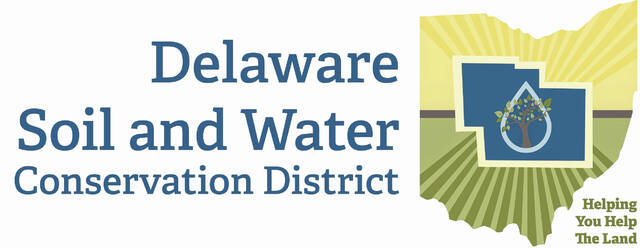
The word organic has been used to label produce, coffee, textiles, and even cosmetics. There is some regulation of the term for food items, but in many other industries the term can be used without any strict criteria, which can lead many to wonder whether it is all a scam – or if items that really are organic are any better because of it.
In lawn care, organic typically refers to ditching conventional synthetic fertilizers and pesticides in favor of natural soil additives, insect repellents, and weed control methods. Conventional pesticides can kill aquatic life and contaminate drinking water, as well as harming many pollinators and beneficial critters that were not the intended target. But you may wonder if these supposedly organic alternatives really do any good and if they create more work for you as a homeowner.
Many organic lawn care methods focus on mechanical methods to maintain a healthy lawn to prevent the need for pesticides or high quantities of fertilizer. Good combinations of native grass types, regular core aeration, and proper mowing level will decrease the need for weed killers and increase the lawn’s resistance to disease and insect damage. The best height for most turfgrasses in Ohio is approximately 3 inches, but this varies by species. Mowing too low allows weed seeds to germinate and encourages other pests. According to OSU Extension, grass clippings provide up to 30% of a lawn’s seasonal nitrogen needs if allowed to remain on the lawn – if you do not have a mulching mower, you can disperse any clumps of clippings with a rake.
The most important method of weed control in organic lawn care is keeping the lawn healthy and full. There are both pre-emergent and post-emergent organic options available for weed control, but addressing weeds organically may require more flexibility than with conventional methods. Remember that a weed is simply any plant that you do not want.
While some weeds are highly invasive and will take over a poorly-established lawn if given the opportunity, some plants, like clover, can coexist well with healthy turfgrass and are generally removed only as a matter of preference. Pre-emergent controls like corn gluten can help to prevent many common weeds like crabgrass and dandelions. Herbicidal soaps and organic herbicides with ingredients like chelated iron or salt can be effective weed killers. Corn gluten and iron-based products can provide beneficial nutrients to the lawn in addition to controlling weeds.
Similarly, methods for preventing common damaging pests and diseases include suitable species selection, thatch prevention and reduction, and higher mowing heights. Too much watering can also contribute to disease and insect problems. In hot, dry seasons, grass naturally goes dormant and may not remain green without irrigation. Most species of turfgrass can survive a typical Ohio summer without irrigation, so it is your choice whether to water your lawn to maintain the green color throughout the summer. If you choose to irrigate, adjust amounts based on rainfall and soil moisture.
A fact sheet available online from the Ohio State University Extension titled “Natural Organic Lawn Care” provides a detailed guide of how to maintain a home lawn using naturally occurring substances. To learn more about the work of the Delaware Soil and Water Conservation District, please visit our website at soilandwater.co.delaware.oh.us or call us at 740-368-1921.


